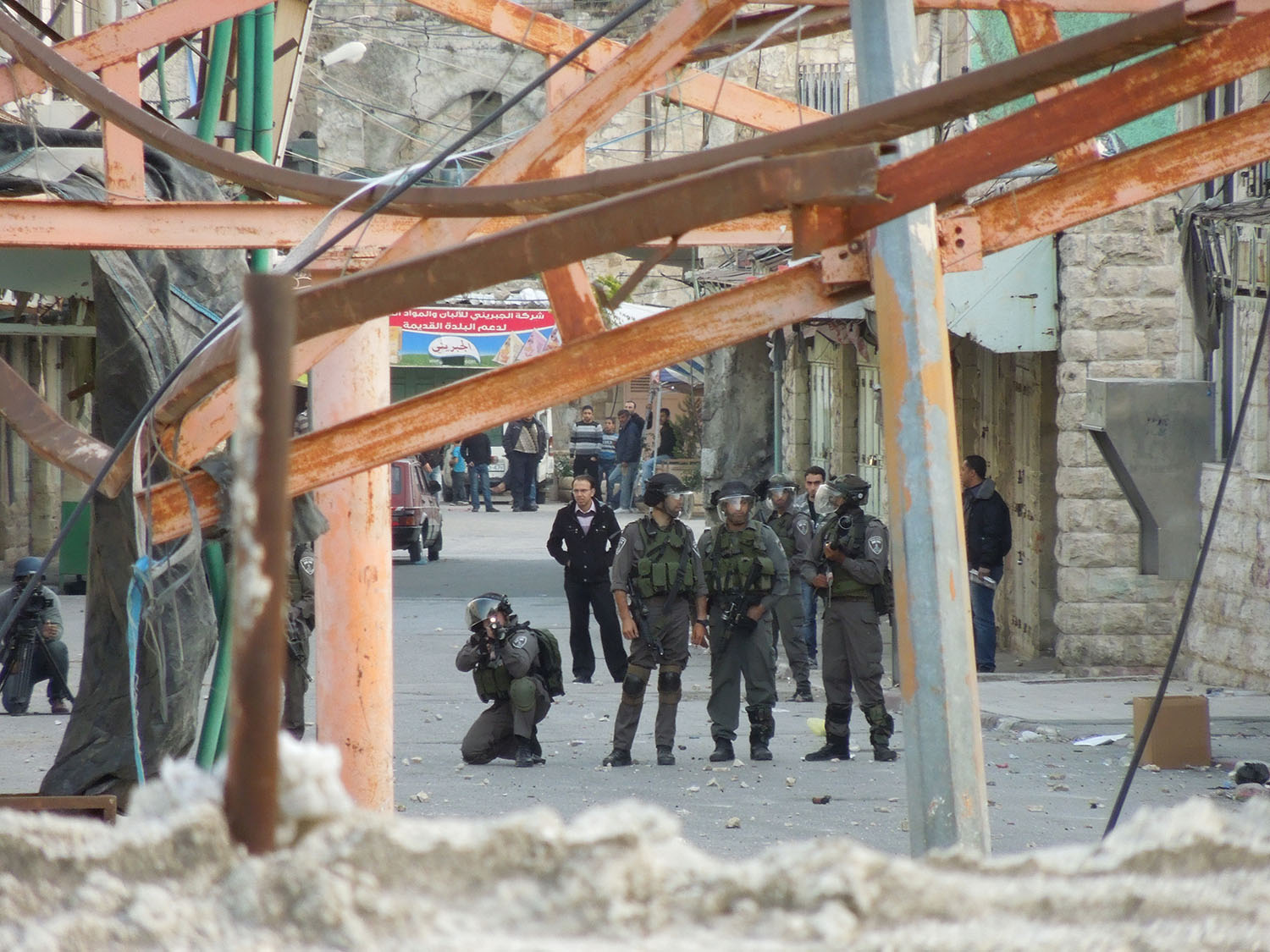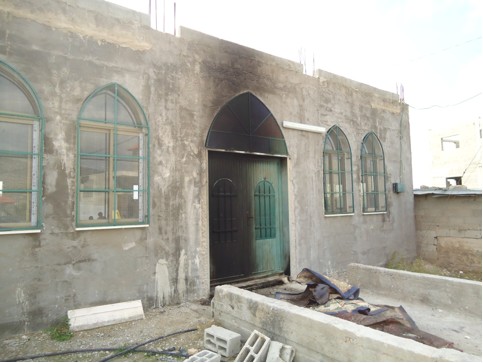Year: 2012
-
Palestinian youth attacked in Hebron – 1 man in critical condition
18th Novemeber 2012 | International Solidarity Movement, West Bank Update: Hamdi Alfalah, 22, shot and killed today in Hebron. Ibrahim Abu Eisheh, a Palestinian youth was hit in the head by a tear gas canister at around six in the afternoon. He is in critical condition at a hospital and is currently undergoing surgery.…
-
First West Bank Martyr in Demonstrations Against The Assault on Gaza
Monday, November 19, 2012 | PSCC Rushdi Tamimi (31) was injured by a live ammunition bullet shot at his back, two days ago in Nabi Saleh. He passed away today in Ramallah Hospital On Saturday, November 17th, clashes erupted in the village of Nabi Saleh north west of Ramallah, after Israeli soldiers entered the…
-
Settlers set mosque on fire in Urif, West Bank
by Vincent Redheart and Anas Green 19th November 2012 | International Solidarity Movement, West Bank Today, Monday 19 of November at around 4 am, a bunch of settlers from the illegal settlement of Yitzhar set a mosque in the village of Urif on fire. The door has been damaged and the prayer mats were severely…


